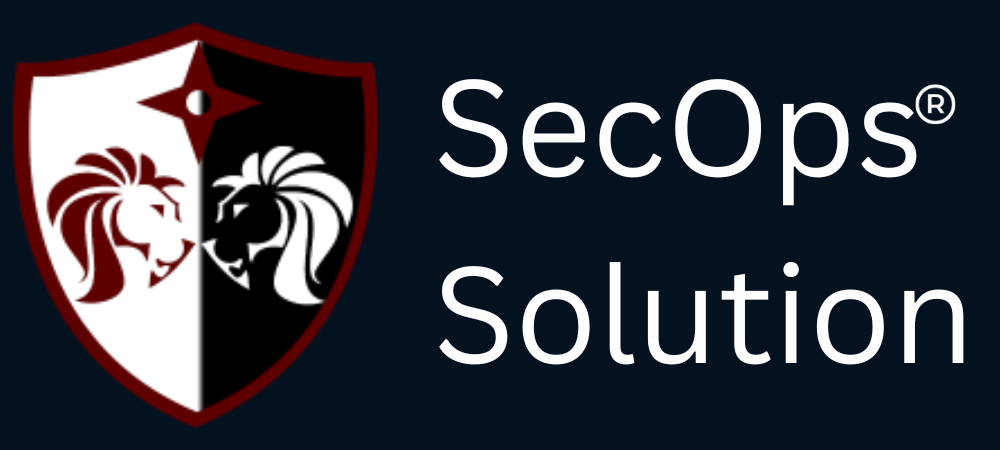
Agentless security for your infrastructure and applications - to build faster, more securely and in a fraction of the operational cost of other solutions

hello@secopsolution.com

Vietnam has made significant strides in recent years to strengthen its national cybersecurity framework. With rapid digital transformation, increasing foreign investment, and growing threats from cyberattacks, the Vietnamese government enacted the Law on Cybersecurity (LoC) in 2018, which officially took effect on January 1, 2019.
The law’s primary objective is to protect national security, ensure social order, and safeguard personal data and information systems in cyberspace. To further operationalize this law, Decree No. 53/2022/ND-CP was issued in August 2022 and came into effect on October 1, 2022. It provides detailed guidance on how to implement specific provisions of the Cybersecurity Law, including obligations related to patch and vulnerability management.
The Law on Cybersecurity applies to both domestic and foreign entities that provide services over telecommunications networks, the Internet, and value-added services in cyberspace in Vietnam. Key requirements include:
Decree 53/2022 offers practical implementation steps and guidance on enforcing the Law on Cybersecurity. It outlines the roles of governmental agencies, specifies the obligations of enterprises, and introduces clear mechanisms to identify and protect critical information infrastructure.
One of the most significant areas addressed in Decree 53 is technical requirements for information system security, which includes patch and vulnerability management mandates.
Enterprises operating in Vietnam—especially those classified as managing critical information systems (like banking, finance, energy, telecom, and transportation)—are expected to:
Organizations must conduct regular assessments of their information systems to identify weaknesses that could be exploited. This includes:
Decree 53 requires organizations to:
The regulation emphasizes that organizations must not only detect vulnerabilities but also have the capability to:
Organizations are expected to perform internal security audits and be ready for external inspections by regulatory authorities. They must demonstrate compliance with patch and vulnerability management best practices.
Organizations failing to comply with the mandates in Decree 53 and the Law on Cybersecurity may face:
For multinational businesses operating in Vietnam, non-compliance could also lead to strained governmental relations and potential legal barriers to continued operation in the country.
SecOps Solution is a leading provider of agentless patch and vulnerability management services, ideal for businesses seeking fast, secure, and regulation-compliant cybersecurity infrastructure in Vietnam.
SecOps Solution empowers organizations to move from reactive to proactive cybersecurity, all while satisfying the stringent requirements set by Vietnamese regulations.
Vietnam’s cybersecurity laws—especially the Law on Cybersecurity and Decree 53/2022—are part of a global trend toward stronger national digital defense frameworks. These regulations make it clear: patch and vulnerability management are no longer optional—they are legal mandates.
As regulatory scrutiny intensifies, organizations must modernize their cybersecurity operations to stay compliant, resilient, and competitive. Solutions like SecOps Solution offer a powerful and efficient path to ensure both technical excellence and regulatory compliance, especially for businesses dealing with sensitive or critical information systems in Vietnam.
SecOps Solution is a Full-stack Patch and Vulnerability Management Platform that helps organizations identify, prioritize, and remediate security vulnerabilities and misconfigurations in seconds.
To learn more, get in touch.